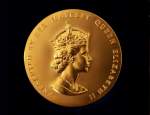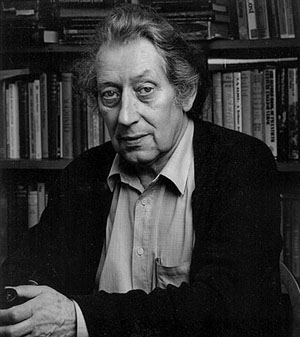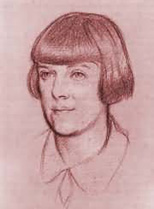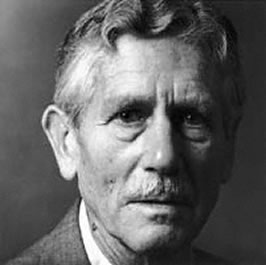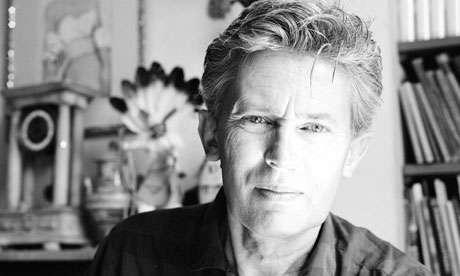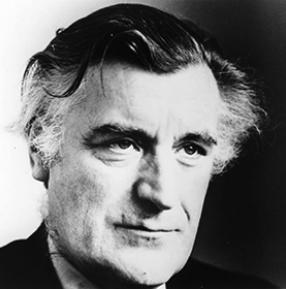Arthur David Waley The Queen's Gold Medal for Poetry Awarded In 1953
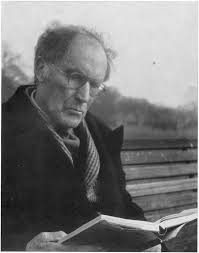
Arthur David Waley
Award Name : The Queen's Gold Medal for Poetry
Year of Award : 1953
Award for : Literature
Location : London, England, United Kingdom
Arthur David Waley was an English Orientalist and sinologist who achieved both popular and scholarly acclaim for his translations of Chinese and Japanese poetry. Waley was self-taught in both Chinese and Japanese and achieved a remarkable degree of fluency and erudition.
Arthur Waley was born "Arthur David Schloss" on 19 August 1889 in Tunbridge Wells, Kent, England, the son of an economist, David Frederick Schloss. He was educated at Rugby School and entered King's College, Cambridge in 1907 on a scholarship to study the Classics, but left in 1910 due to eye problems that hindered his ability to study. His many translations include A Hundred and Seventy Chinese Poems (1918), Japanese Poetry: The Uta (1919), The Tale of Genji , The Pillow Book of Sei Shonagon (1928), and Monkey (1942).
Among his most outstanding and influential translations are 170 Chinese Poems(1918), Japanese Poems (1919), and the six-volume translation of The Tale of Genji (1925–33), by Murasaki Shikibu, which is one of the oldest novels extant in the world. This novel faithfully depicts aristocratic life in 11th-century Japan, as does a work by another court lady, which Waley translated as The Pillow-Book of Sei Shonagon (1928). He also wrote on Oriental philosophy and translated and edited the Analects of Confucius (1938). He was awarded the Queen's Gold Medal for Poetry in 1953. He died on 27 June 1966 in London, England.
